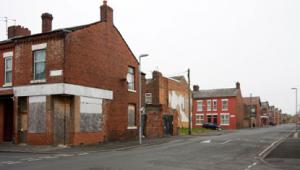By Richard Johnstone | 10 February 2014
Local Government Information Unit research has scotched government claims that town halls use parking charges as ‘cash cows’, finding that fewer than one in five councils make a surplus on traffic enforcement.
A survey of 71 councils found that only 19.7% of those polled said they make a surplus, which could then be spent on other transport schemes. The majority stated the money raised covered the cost of traffic enforcement (50.7%) or didn’t raise enough revenue to meet the costs (29.6%).
The Councils in the driving seat? report comes after Local Government Secretary Eric Pickles last year accused some authorities of using parking charges as ‘cash cows’ to raise revenue.
However, the LGiU today warned that such statements were hindering the ability of councils to meet their legal duties around traffic regulation and enforcement.
LGiU chief executive Jonathan Carr-West said authorities must balance the needs for parking against the wider strategic aim of managing traffic in communities.
‘Parking enforcement will always be one of these emotive issues. No local authority should use their statutory powers to plug gaps in budgets but neither should they neglect their role in assuring good traffic management, safety and good air quality in our towns and cities,’ he said.
‘What hinders this important function is when central government intervenes in locally decided issues. We would ask that Whitehall back off and allow local government to do what it has an elected mandate to do.’
The report concluded that the Department for Communities and Local Government needed to offer more support to local authorities to fulfill their duties.
In addition, town halls need to tackle the negative public perception of traffic enforcement, and make the case for policies that foster safer neighbourhoods, greater mobility and thriving local economies. Among the report’s findings was the conclusion from two-thirds of respondents that the biggest obstacle to enforcing traffic regulations was the public unpopularity of the measures.






















